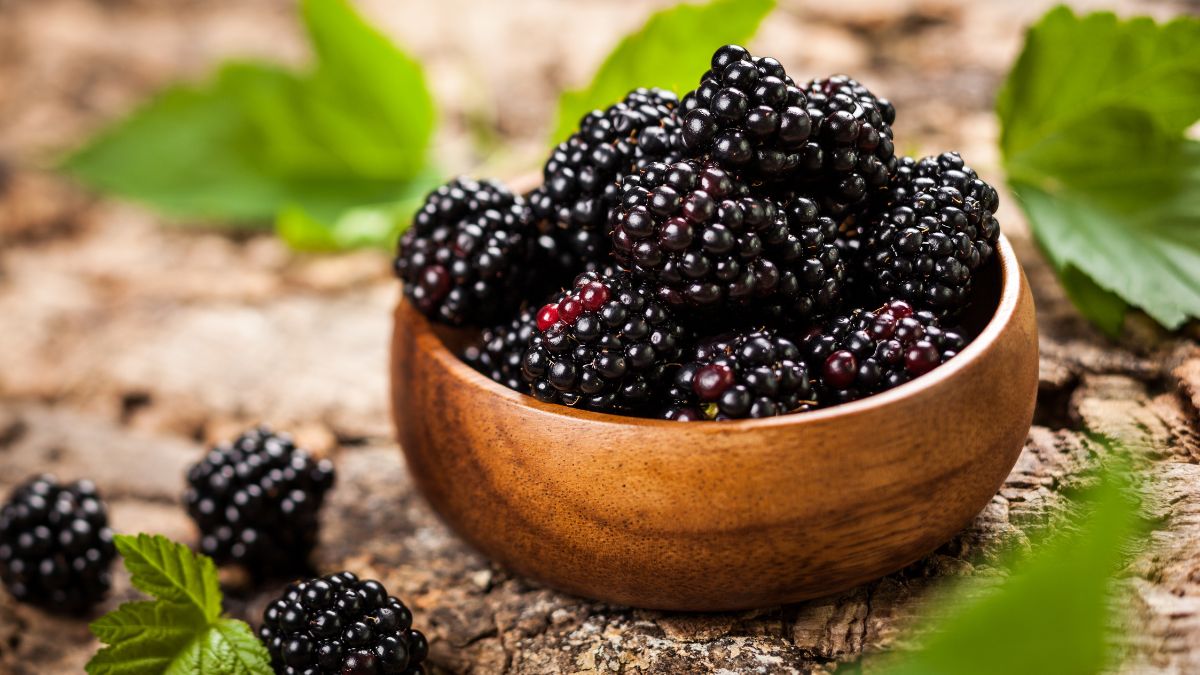Quick Answer: Yes, blackberries can be beneficial for managing hypothyroidism symptoms due to their nutrient profile and potential impact on inflammation and immune function.
One of my blog readers recently asked me, “Are blackberries good for hypothyroidism?” This is a great question, and I’m excited to dive into the topic and provide some insights on how these delicious berries might support thyroid health.
Blackberries are packed with essential nutrients that can be beneficial for individuals with hypothyroidism. These berries are high in vitamin C, with one cup providing about 30 mg or 50% of the daily recommended value. Vitamin C is crucial for the synthesis of collagen, which is important for maintaining healthy thyroid tissue. Additionally, vitamin C acts as an antioxidant, helping to protect the thyroid gland from oxidative stress and inflammation.
Blackberries are also a good source of dietary fiber, with one cup providing about 8 grams or 28% of the daily recommended value. Fiber is important for maintaining healthy digestion and promoting regular bowel movements, which can be a challenge for some individuals with hypothyroidism. Constipation is a common symptom of an underactive thyroid, and increasing fiber intake through foods like blackberries can help alleviate this issue.
Another key nutrient found in blackberries is manganese. One cup of blackberries provides about 0.9 mg of manganese or 47% of the daily recommended value. Manganese is a trace mineral that plays a role in the production of thyroid hormones and the activation of enzymes involved in thyroid hormone metabolism. Adequate manganese intake may help support optimal thyroid function in individuals with hypothyroidism.
In my experience, incorporating nutrient-dense foods like blackberries into the diet can be a simple and delicious way to support overall health and well-being for those managing hypothyroidism. While blackberries alone may not cure or reverse the condition, they can be a valuable addition to a balanced diet and holistic treatment plan.
It’s important to note that while blackberries offer many potential benefits for hypothyroidism, they should be consumed in moderation as part of a varied diet. Some individuals with hypothyroidism may have sensitivities or allergies to certain foods, so it’s always best to listen to your body and consult with a healthcare professional before making significant changes to your diet.
If you have any further questions about nutrition and hypothyroidism or would like more personalized guidance, feel free to ask in the comments below. I’m here to support you on your journey to optimal thyroid health and overall well-being.
